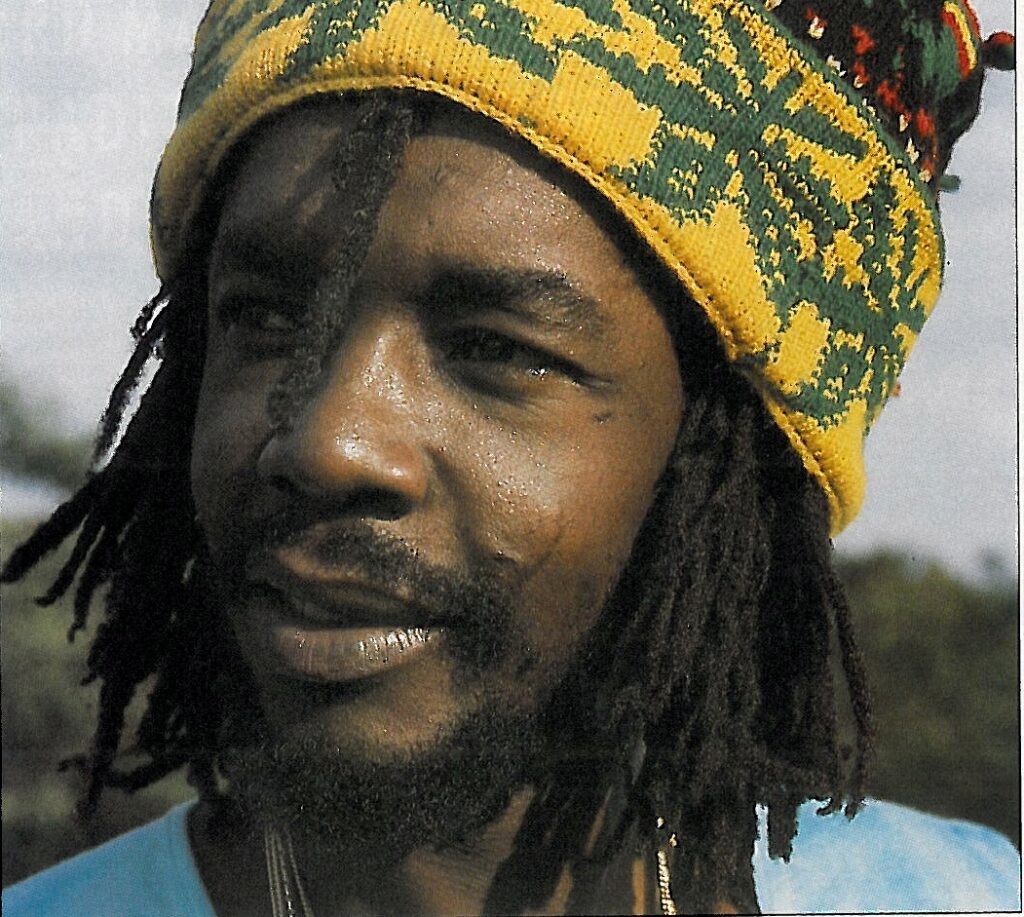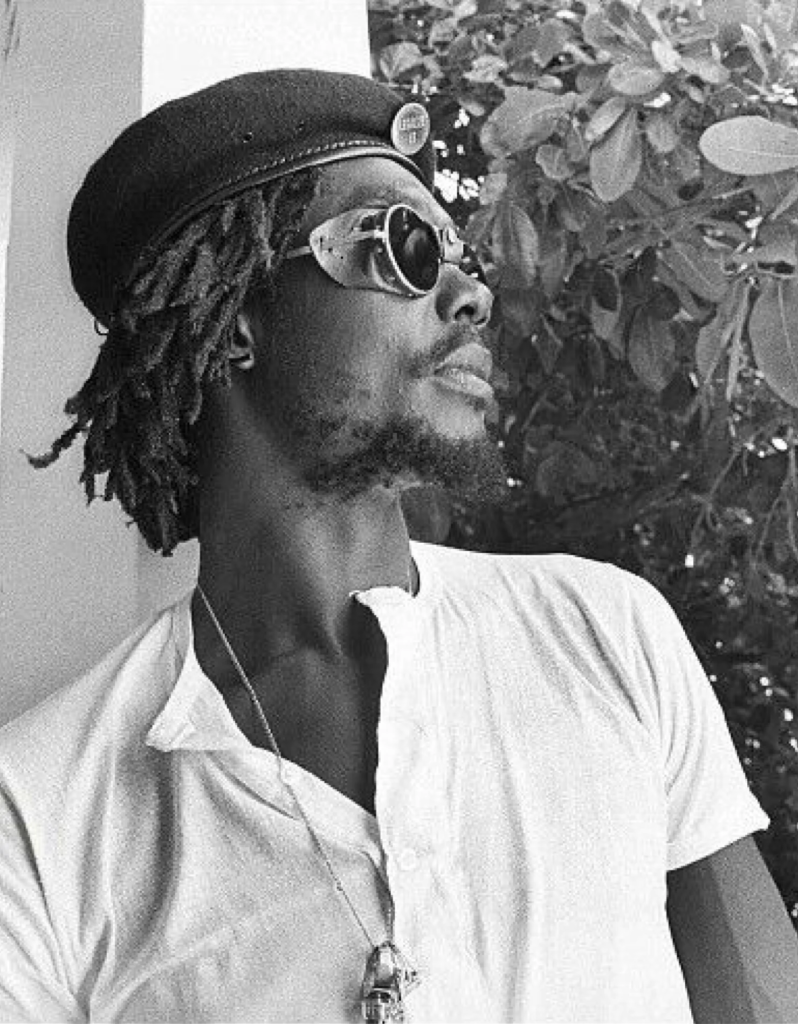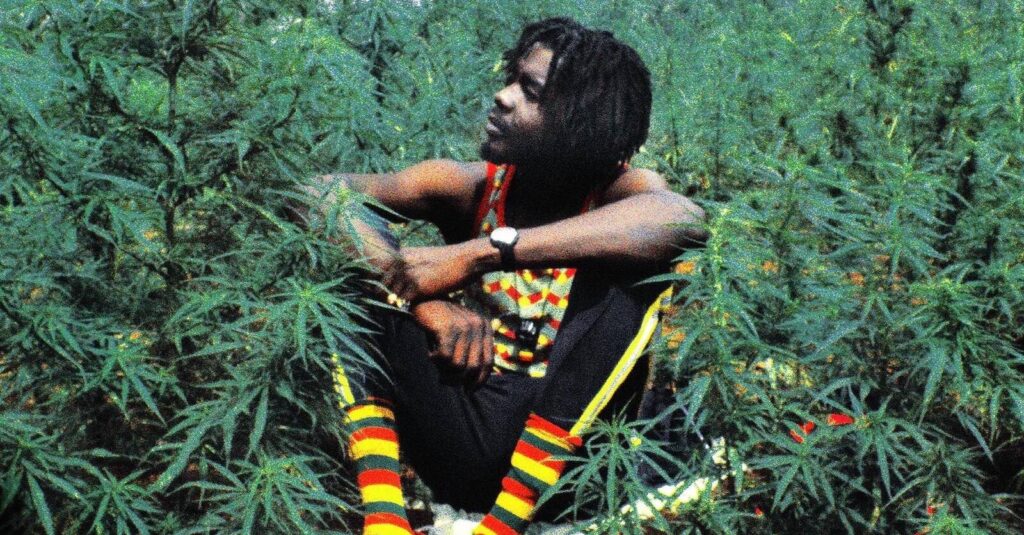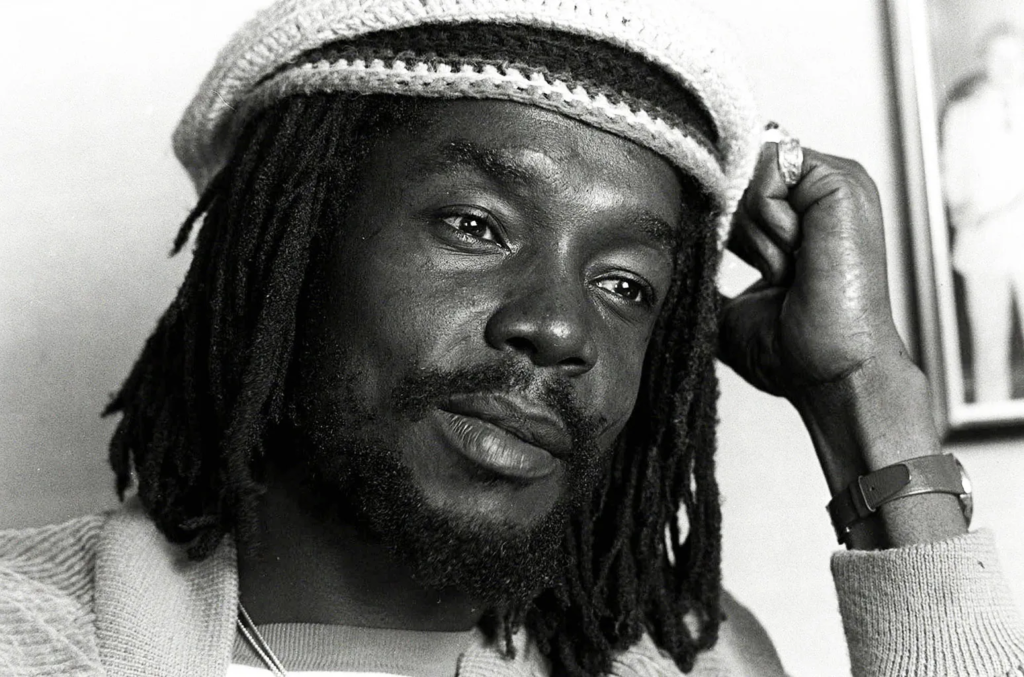
Peter Tosh was more than just a reggae icon; he was a revolutionary, a fierce advocate for human rights, and a voice for the oppressed. As a founding member of The Wailers and a successful solo artist, Tosh used his music to challenge the status quo and inspire millions around the world. But his life was tragically cut short on September 11, 1987, when he was brutally murdered in his home in Kingston, Jamaica. The circumstances surrounding his death have sparked numerous theories, raising questions that remain unanswered to this day.
In this blog post, we’ll delve into the mysterious death of Peter Tosh, exploring the facts, the theories, and the legacy he left behind. We’ll attempt to unravel the truth behind the events of that fateful night and consider the impact Tosh’s untimely death has had on the world of reggae and beyond.
The Night of the Murder: What Happened?
On the evening of September 11, 1987, Peter Tosh was at his home in Kingston, Jamaica, with a group of friends, including musician Michael Robinson, Wilton “Doc” Brown, and several others. The evening was supposed to be a typical night of relaxation and camaraderie. However, the peace was shattered when three armed men broke into Tosh’s home, turning what should have been a calm night into a scene of horror.
According to reports, the assailants were led by a man named Dennis “Leppo” Lobban, a local criminal with a history of violence. Lobban had previously known Tosh and had even been helped by the reggae star in the past, which makes the events that followed all the more tragic. The gunmen forced Tosh and his friends to lie face down on the floor, demanding money and valuables. When their demands were not met, the situation quickly escalated into violence.
Over the course of several hours, Tosh and his friends were subjected to terror and brutality. The gunmen, frustrated by the lack of money, began shooting. Peter Tosh was shot multiple times in the head, chest, and abdomen, while several of his friends were also injured. Tosh’s injuries were fatal, and he died at the scene. The other victims were rushed to the hospital, but Tosh’s life could not be saved.
The murder of Peter Tosh shocked the world. Here was a man who had dedicated his life to fighting for justice, peace, and equality, only to be senselessly gunned down in his own home. The news of his death sent shockwaves through the reggae community and beyond, leaving fans, friends, and fellow musicians mourning the loss of one of Jamaica’s most influential voices.
The Investigation: Searching for Answers
In the aftermath of Peter Tosh’s murder, the Jamaican police launched an investigation to apprehend those responsible for the crime. Dennis “Leppo” Lobban was quickly identified as the prime suspect, and within a few days, he was arrested and charged with the murder of Tosh and the attempted murder of the others who were present that night.
During the trial, Lobban confessed to his role in the murder, claiming that he had been motivated by a desire for revenge and money. According to Lobban, he believed that Tosh owed him money and had become increasingly resentful of the reggae star’s success. Lobban’s confession, coupled with the testimonies of the surviving victims, led to his conviction. He was sentenced to death in 1988, though his sentence was later commuted to life imprisonment.
Despite Lobban’s conviction, many questions remain about the circumstances surrounding Peter Tosh’s death. Some believe that the murder was not simply a botched robbery but was instead the result of a deeper conspiracy. Tosh was a vocal critic of the Jamaican government, the police, and the global establishment, and his outspoken views made him a target for those in power. Could his murder have been politically motivated? Was there more to the story than what was revealed in court?
Theories and Speculations: Was It More Than a Robbery?
The official narrative of Peter Tosh’s murder is that it was a robbery gone wrong, carried out by a disgruntled criminal seeking revenge. However, many have questioned this version of events, suggesting that there may have been more sinister forces at play. Several theories have emerged over the years, each attempting to explain the motivations behind the murder and the possible involvement of others.
1. The Political Assassination Theory
One of the most prevalent theories is that Peter Tosh’s murder was not just a random act of violence but a politically motivated assassination. Tosh was known for his outspoken views on a wide range of issues, including police brutality, apartheid in South Africa, and the legalization of marijuana. He was a vocal critic of the Jamaican government and the broader global power structure, and he used his music as a platform to challenge the status quo.
Some believe that Tosh’s activism made him a threat to those in power, both in Jamaica and abroad. His calls for social and political change, coupled with his growing influence as a global music icon, may have led certain individuals or groups to see him as a danger that needed to be eliminated. According to this theory, Dennis Lobban was merely a pawn in a larger conspiracy, used to carry out the dirty work of those who wanted Tosh silenced.
While there is no concrete evidence to support this theory, the idea that Tosh’s murder was politically motivated has persisted, fueled by the fact that many of the issues Tosh fought against remain unresolved to this day.
2. The Organized Crime Theory
Another theory suggests that Peter Tosh’s murder was the result of a dispute with organized crime figures in Jamaica. The island has long struggled with issues related to crime and corruption, and some believe that Tosh may have run afoul of powerful criminal elements who sought to eliminate him.
According to this theory, Tosh’s refusal to pay protection money or his involvement in disputes with local gangs may have led to his murder. The involvement of Dennis Lobban, a known criminal, lends some credence to this idea, as Lobban may have been acting on behalf of others in the criminal underworld.
However, this theory is also speculative, and there is little concrete evidence to suggest that Tosh was involved in such disputes. Still, the possibility that organized crime played a role in his death cannot be entirely ruled out.
3. The Personal Vendetta Theory
A more straightforward theory is that Dennis Lobban acted out of personal vengeance, motivated by a perceived slight or grudge against Peter Tosh. Lobban had known Tosh for some time, and it is possible that he felt wronged or slighted by the reggae star in some way. This theory aligns with Lobban’s own confession, in which he claimed that he was seeking revenge and money.
While this theory is the most straightforward, it does not fully explain the level of brutality and violence displayed during the murder. Some have questioned whether a personal vendetta alone could have led to such a heinous act, suggesting that there may have been other factors at play.
The Aftermath: The Impact on Reggae and Jamaica
The murder of Peter Tosh had a profound impact on the reggae community and on Jamaica as a whole. Tosh was not just a musician; he was a cultural icon, a voice for the oppressed, and a symbol of resistance against injustice. His death left a void that could never be filled, and his loss was felt deeply by fans, friends, and fellow musicians.
In the years following his death, Tosh’s legacy has continued to grow. His music remains a powerful force for social change, and his messages of equality, justice, and empowerment continue to resonate with new generations. Tosh’s influence can be seen in the work of countless reggae artists who have followed in his footsteps, using their music to address social and political issues.
The circumstances of Tosh’s death have also served as a reminder of the dangers faced by those who speak out against injustice. Tosh’s willingness to challenge the powerful made him a target, and his murder is a stark example of the risks that come with being a vocal advocate for change.
In Jamaica, Tosh’s death highlighted the country’s ongoing struggles with crime and violence. The murder of such a high-profile figure brought international attention to the issues facing the island and underscored the need for change. While progress has been made in some areas, many of the challenges that Tosh fought against—poverty, inequality, and corruption—remain pressing issues in Jamaica today.
The Legacy of Peter Tosh: A Revolutionary Spirit
Despite the tragic and violent end to his life, Peter Tosh’s legacy endures. He is remembered not just for his music but for his unwavering commitment to the causes he believed in. Tosh was a man who lived his life with passion, courage, and a deep sense of justice, and his influence continues to inspire people around the world.
Tosh’s music remains as relevant today as it was during his lifetime. Songs like “Legalize It,” “Equal Rights,” and “Get Up, Stand Up” are anthems of resistance and empowerment, and they continue to be used as rallying cries for social and political movements. Tosh’s message of equality, justice, and freedom transcends borders and generations, and his work has left an indelible mark on the world.
In the years since his death, Peter Tosh has been honored in numerous ways. The Peter Tosh Museum in Kingston, Jamaica, celebrates his life and legacy, offering fans and visitors the opportunity to learn more about the man behind the music. The museum stands as a testament to Tosh’s enduring influence and serves as a reminder of the impact he had on the world.
Unraveling the Truth: What Really Happened?
The truth about what happened on the night of September 11, 1987, may never be fully known. The official narrative, that Peter Tosh was killed in a botched robbery, leaves many questions unanswered and has led to speculation and conspiracy theories that persist to this day. Whether his murder was a random act of violence, a personal vendetta, or part of a larger conspiracy, one thing is certain: Peter Tosh’s death was a tragic loss for the world.
What is clear is that Tosh’s life and work continue to have a profound impact on those who hear his music and learn about his story. His legacy as a revolutionary artist and advocate for social justice remains intact, and his influence continues to be felt in the reggae community and beyond.
The Enduring Mystery of Peter Tosh’s Death
Peter Tosh’s death remains one of the most mysterious and tragic events in the history of reggae music. While Dennis Lobban was convicted of the murder, the circumstances surrounding Tosh’s death have left many wondering if there is more to the story than what was revealed in court. Theories about political assassinations, organized crime, and personal vendettas continue to circulate, but the truth may never be fully uncovered.
Despite the unanswered questions, Peter Tosh’s legacy lives on. He was a man who used his voice to fight for the oppressed, challenge injustice, and inspire change. His music remains a powerful tool for social and political movements, and his messages of equality, justice, and freedom continue to resonate with people around the world.
As we remember Peter Tosh, we honor not only his contributions to music but also his courage, his passion, and his unwavering commitment to the causes he believed in. His life may have been cut short, but his impact will be felt for generations to come. Let’s honor his fearless spirit and enduring message of justice, freedom, and unity with this exclusive tee!
Ignite your passion for reggae music and style with our handpicked selection of tees.
Get yours here: https://zionwake.com/
Source: wikipedia.org petertosh.com


